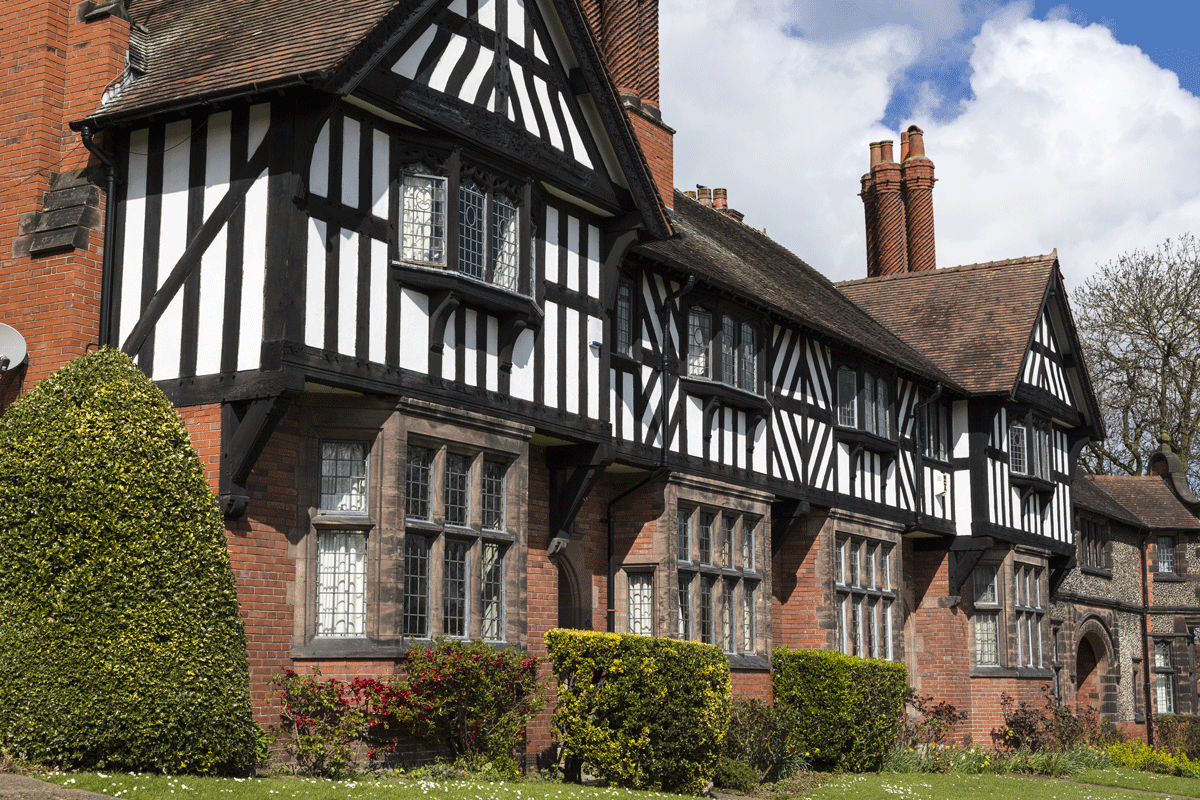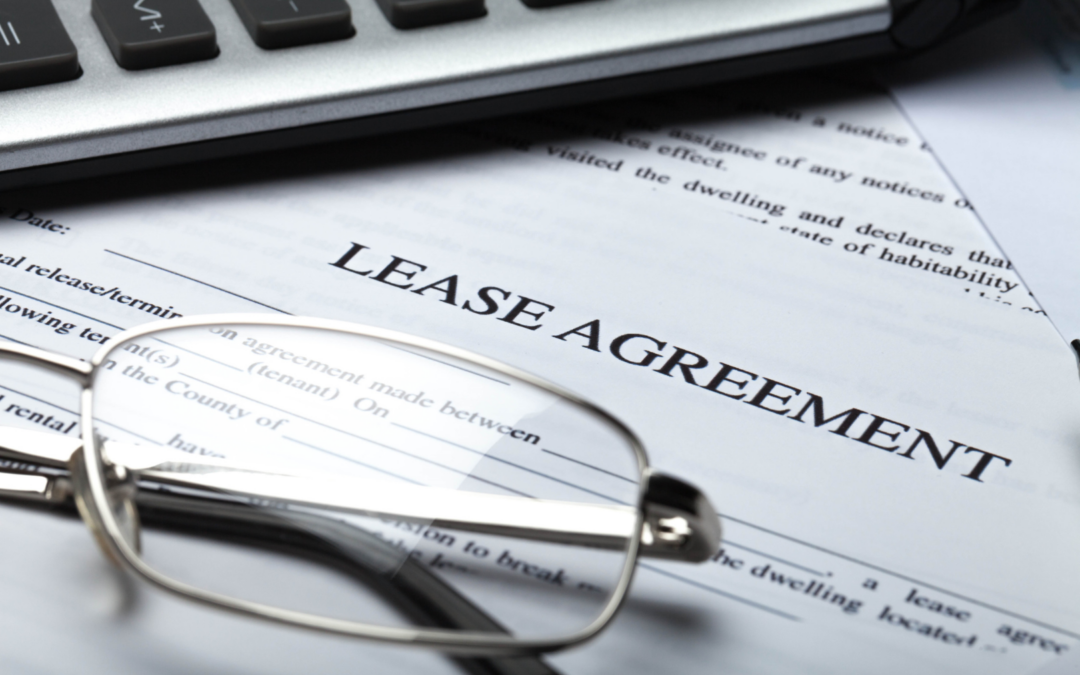Owning a piece of Britain’s history can add to the stress of buying. The Listed Property Owners Club (LPOC) offers advice for potential buyers of listed homes.
While buying a house can be daunting and stressful at the best of times, what if your dream home purchase came with the responsibility of owning a piece of Britain’s history? For nearly half a million home owners in the UK this is a reality as they own a listed home i.e. a building that has been judged to be of national importance in terms of architectural or historic interest. Whether a chocolate box cottage, a city town house or a sprawling country estate, the joys of owning a small part of our heritage can be immensely satisfying and rewarding. Just think of those period features!
If you feel a little daunted at the prospect of owning a listed home, advice is no more than a phone call away for members of The Listed Property Owners Club (LPOC) whose team of experts are on hand to answer questions on a whole range of issues regarding ownership. The LPOC benefits from its own in-house Conservation Officer, Peter Bell, who has answered this Q&A on things you should know before you put in your best and final offer on a listed property.
Q. How do I know if the home I am interested in buying has listed status?
A. The estate agent or vendor should be able to provide accurate information for you but if in doubt listing details are available from the Listed Property Owners Club or from Historic England.
Q. The house I am buying is listed but what do the three Grades – Grade I, Grade II* and Grade II – mean?
A. Grade I and II* are the higher grades which represent only the top 7% of listed buildings. Most buildings are listed Grade II. The main difference is that if you apply for listed building consent to make alterations, greater weight will be given to preserving the architectural and historic significance of the more highly graded buildings. It is worth bearing in mind that all buildings are listed with a view to preserving their character, whatever the grade.
Q. Is it just the outside of a listed building that is protected?
A. No. When a building is listed the whole building is protected, inside and outside. In fact statutory protection extends to the building itself, anything attached to the building and any building within the curtilage of the building (if built prior to 1948).
Q. What restrictions are there on alterations to listed buildings?
A. The law requires that Listed Building Consent be granted by the local planning authority for any alterations which affect the character of the listed building. The controls don’t normally extend to replacing the bathroom suite or kitchen units but most other alterations will require consent. If in doubt speak to the Listed Property Owners Club or to your local planning authority.
Q. What happens if a previous owner has made alterations without getting listed building consent?
A. You need to be aware that there is no time limit to when a local planning authority can require unauthorised alterations to be reversed. Consequently new owners can be required to remedy alterations made by previous owners. It goes without saying that you need to be very cautious if you suspect alterations have been made without consent and ensure that your insurance policy offers adequate protection. The LPOC provides insurance policies.
Q. What should I look out for when insuring a listed home?
A. The small print! With any insurance quotes you get, make sure you read the policy and check exactly what you will be insured for as many people make the mistake of being under insured – a policy obtained from an online comparison site is unlikely to be sufficient. Check that the provider will cover the full cost of a rebuild to the conservation officer’s standards should the situation arise.
If it transpires unauthorised changes have been made to the property by a previous owner, very few insurance companies will cover you for this. It is therefore important to have adequate cover in place when you purchase your listed property. When seeking insurance for a listed home you should speak directly to specialists such as The LPOC where a detailed and correct quotation for adequate listed property insurance will be given whether you are buying or renovating a listed home.
Q. What are the benefits of joining The Listed Property Owners Club?
The Listed Property Owners’ Club is Britain’s only advice service dedicated to helping members get the most from their homes by providing detailed guidance, information and support for just about every conceivable issue associated with ownership.






